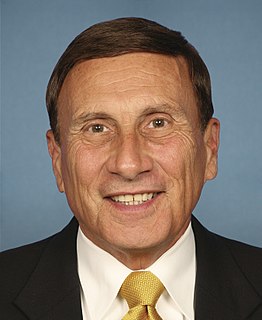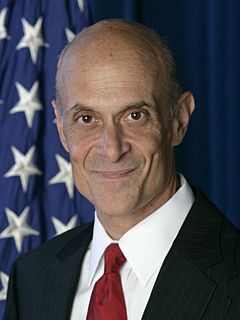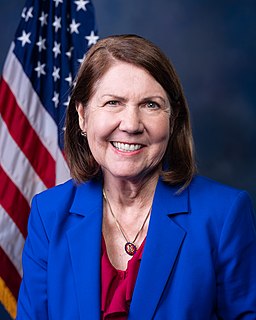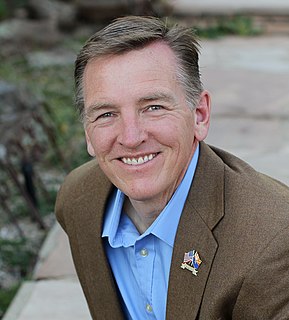A Quote by John Mica
TSA serves as the operator, administrator and regulator for the nation's transportation security. But in fact, the TSA bureaucracy does all it can to thwart any conversion to a system with more private-sector operations and strong federal oversight and standards. This agency cannot, and should not, do it all.
Related Quotes
I want to improve TSA's counterterrorism focus through intelligence and cutting edge technology, support the TSA workforce, and strengthen the agency's relationships with stakeholders and the traveling public. All of these priorities are interconnected and are vital to TSA's mission - and I would say, all of our collective mission.
When the TSA was established, it was never envisioned that it would become a huge, unwieldy bureaucracy which was soon to grow to 67,000 employees. As TSA has grown larger, more impersonal, and administratively top-heavy, I believe it is important that airports across the country consider utilizing the opt-out provision provided by law.
Under the Obama administration, TSA has been operating without an administrator for a year and a half. After the president's first two choices failed to meet expectations, a new administrator, John Pistole, was finally approved on Friday. Unfortunately, it will be the fifth administrator in eight years.
It's always been government's role to protect the security of the nation. And cyber-attacks is a security issue, from our perspective. And it's a security issue of particular concern with respect to the nation's core critical infrastructure, the infrastructure everyone relies on, the energy sector, the telecommunications sector, the banking sector.






























